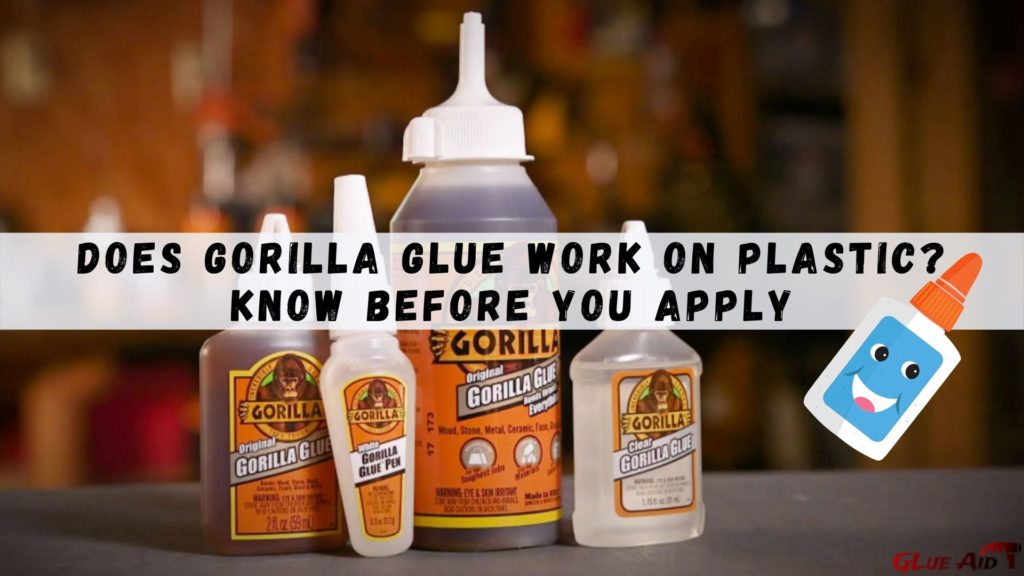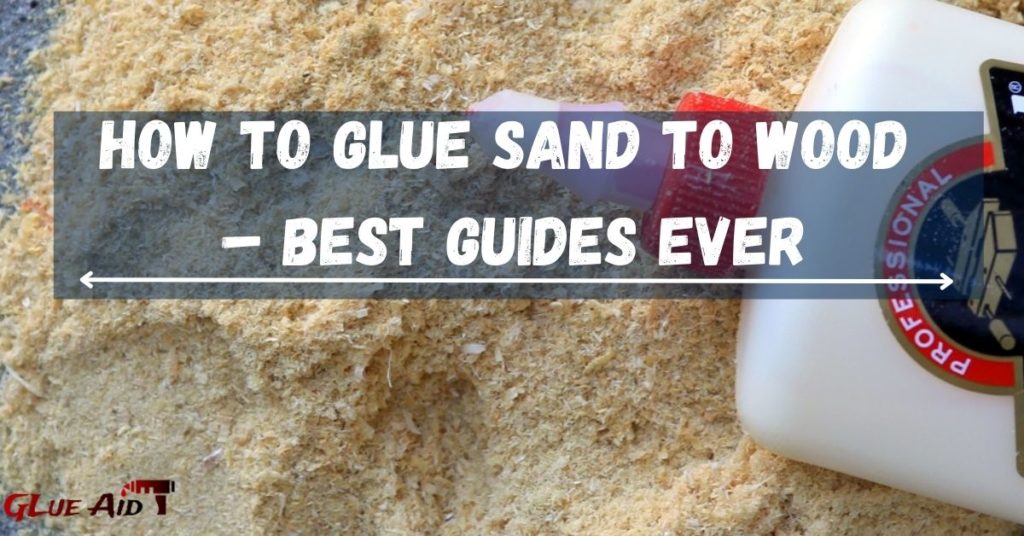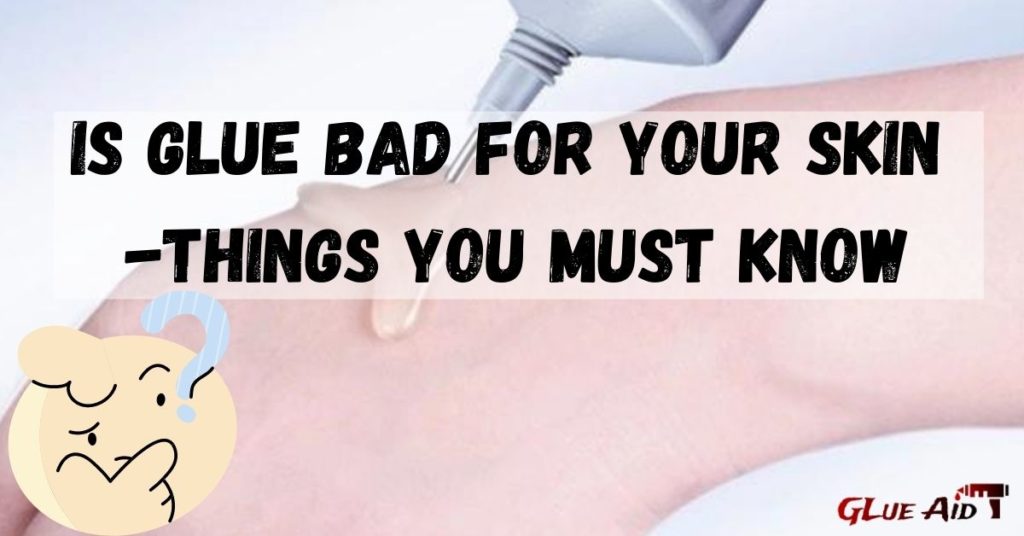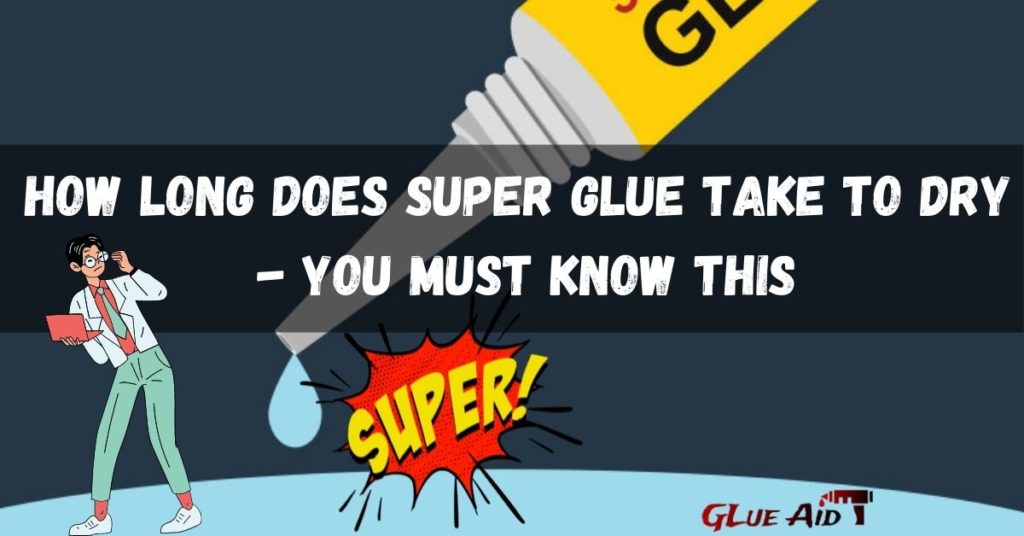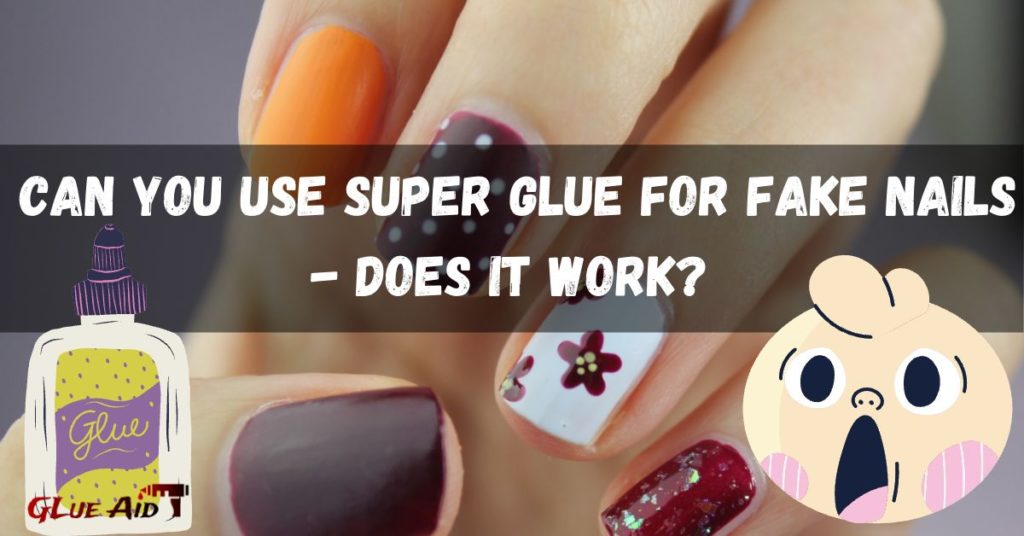As an Amazon Associate, we may receive a commission for purchases made through links in the post at no additional cost to you.
Gorilla Glue is a popular brand of super strong adhesive that is often used to repair things like shoes and toys. However, some people are still concerned about whether or not it can work well on plastic.
In this article, we will be discussing whether or not gorilla glue actually works on plastic. First and foremost, it is important to note that gorilla glue only works as a temporary fix, and should not be used as a long-term solution for anything.
Secondly, it is also important to keep in mind that gorilla glue will not work on most plastics that are made with a hard outer shell.
Table of Contents
Types of Glue for Plastic
There are many types of glue for plastic. The most common are epoxy and superglue. Epoxy is a two-part adhesive that comes in a tube. It is usually clear, but can also be available in other colors. Superglue is a one-part adhesive that is very strong and dries quickly. It is available in both liquid and gel forms.
Does Gorilla Glue Work on Plastic?

There are a lot of different glues on the market, each with its own specific purpose. So, the big question is, does gorilla glue work on plastic? The quick answer is yes, it does.
The manufacturer of Gorilla Glue says that Gorilla Glue is able to work with some types of plastics, but it’s not suggested for use with polyethylene plastics or polypropylene, or with rubber that has plasticizer content or high oil. However, Gorilla Glue does make specific products for these materials.
But there are a few things you need to know before you start gluing.
The first thing to know is that gorilla glue expands as it dries, so you’ll want to use it a little less than you would with other adhesives. The other thing to keep in mind is that gorilla glue can be difficult to remove if you make a mistake, so be careful when using it.
Once you’ve got those pointers in mind, though, gorilla glue can be a great choice for bonding plastic parts together.
What Type of Plastic Can Be Glued with Gorilla Glue?
There are many different types of plastic, and not all of them are compatible with Gorilla Glue. The two types of plastic that can be glued with Gorilla Glue are polyethylene and polypropylene. Gorilla Glue forms a strong bond between these two types of plastic because they share some chemical properties.
How to Glue Plastic: If you want to use gorilla glue to stick plastic together, there are a few things you need to know.

When using Gorilla Glue to bond plastic together, always apply a thin coat to both surfaces and allow it to dry completely. Once the glue is dry, put the parts together and apply pressure. You may need to use clamps to hold the pieces in place until the glue dries completely.
There are a few basic steps to follow when gluing plastic. First, make sure the surfaces to be glued are clean and dry. If there is any grease or dirt on the surface, it will interfere with the glue bond. Second, use a suitable adhesive.
Gorilla Glue is a good choice for bonding plastic because it is waterproof and can withstand high temperatures. Third, apply the glue to both surfaces and clamp them together until the glue dries. Last, wait 24 hours before using the glued object.
What Are the Risks? There are some risks associated with using gorilla glue to bond plastic.
There are a few risks associated with using gorilla glue to bond plastic. The first is that the glue can be very strong and difficult to remove, which could damage the plastic if it’s not done carefully.
Second, gorilla glue can be toxic if ingested, so it’s important to avoid contact with the eyes and mouth. Finally, gorilla glue can release harmful fumes, so it’s important to use it in a well-ventilated area.
Which Gorilla Glue is best for plastic?

There are a few different types of Gorilla Glue that can be used on plastic. The best type of Gorilla Glue to use on plastic is the original Gorilla Glue, which is white glue.
This type of glue is ideal for bonding porous and non-porous materials together. It dries quickly and forms a strong bond.
Another type of Gorilla Glue that can be used on plastic is the Gorilla Superglue gel. This type of glue is perfect for smaller repairs as it bonds quickly and has a low viscosity.
How Long Does it Take Gorilla Glue to Dry on Plastic?
When Gorilla Glue is used on plastic, it usually takes a day for it to dry. However, this depends on the humidity and temperature levels in the environment. In general, the higher the humidity and temperature levels are, the longer it will take for Gorilla Glue to dry.
What Will Gorilla Glue not Stick to?
Gorilla Glue is a popular adhesive that is known for its strength. However, there are some surfaces that it will not stick to. These include oily surfaces, silicone surfaces, and high-polarity surfaces.
Additionally, Gorilla Glue will not stick to wet surfaces or surfaces with high levels of moisture.
Is Gorilla Glue Stronger than Super Glue?

There are a lot of different types of glue on the market, but is Gorilla Glue stronger than super glue? Both types of glue are incredibly strong, but there are some differences.
Super glue is a cyanoacrylate adhesive that bonds quickly and strongly to a variety of surfaces. It is available in both liquid and gel form, and it dries clear.
Gorilla Glue is an elastomeric adhesive that forms a very strong bond when it dries. It expands as it dries, so it is perfect for bonding porous materials like wood or stone. It is also available in both liquid and gel form.
So, which glue is stronger? Gorilla Glue is definitely stronger than super glue. It can withstand higher temperatures and more extreme weather conditions. It is also waterproof, which makes it perfect for outdoor projects.
How do you Glue Broken Plastic?
When Gorilla Glue is introduced to two surfaces, it creates a chemical reaction that binds the surfaces together. This makes Gorilla Glue an incredibly strong adhesive and an ideal option for repairing broken plastic.
To fix a broken piece of plastic, clean the surface of the plastic with rubbing alcohol and let it dry completely. Apply a small amount of Gorilla Glue to each of the broken pieces and press them together. Hold them in place for about 30 seconds to allow the glue to set. Wipe away any excess glue with a damp cloth.
FAQs About Does Gorilla Glue Work on Plastic
What is the Difference Between Plastic Glue and Super Glue?
What Should I Do if I Get Plastic Glue on my Hands?
Can I Use Gorilla Glue on Plastic Dishes?
Does Gorilla Glue Work on Plastic Models?
Does Gorilla Glue Work on Plastic Glasses?
Does Gorilla Glue Work on Plastic Toys?
Does Gorilla Glue Work on Acrylic Plastic?
Some users have found that Gorilla Glue can successfully bond acrylic plastic surfaces together, while others have experienced problems with the adhesive separating or cracking after a short period of time.
Does Gorilla Glue Work on Plastic Glasses Frames?
Is Gorilla Glue Safe for Plastic?
Conclusion
Gorilla Glue does work on plastic. It is a strong adhesive and can be used to bond two surfaces together. However, it is not recommended for use on high-density plastics, like those used in eyeglasses. Always test the glue on a small, inconspicuous area before using it on a larger surface.
As an Amazon Associate, we may receive a commission for purchases made through links in the post at no additional cost to you.
Relevant Resources:
- What Glue to Use for Paper Glass
- How To Dry Glue Faster – 9 Best Ways
- How to Fix a Hole in an Air Mattress With Super Glue
- Why Doesn’t Glue Stick to The Inside of The Bottle or Tube
- The Pros and Cons of Polyurea Adhesives
- Is Glue Edible? – See What Experts say
- Is Glue bad for your Skin -Things You Must Know
- How To Glue Sand to Wood – Best Guides Ever
- Are Glue Sticks Toxic
- How to Glue Rubber to Wood
